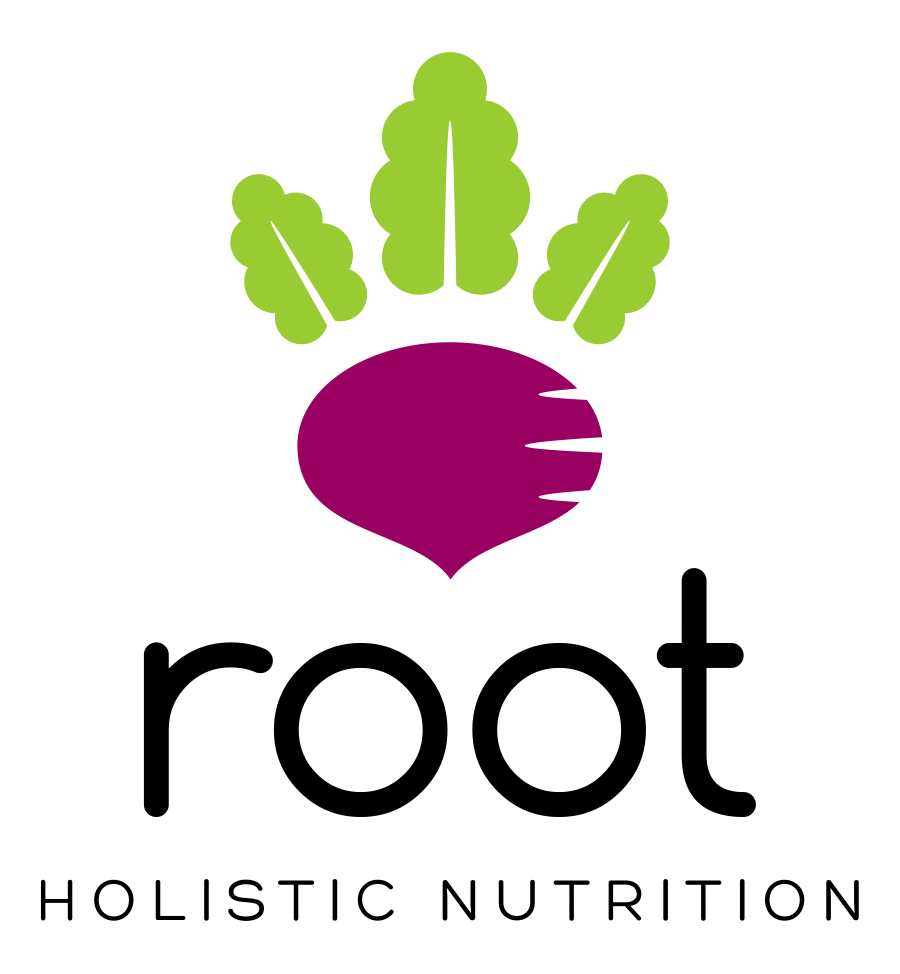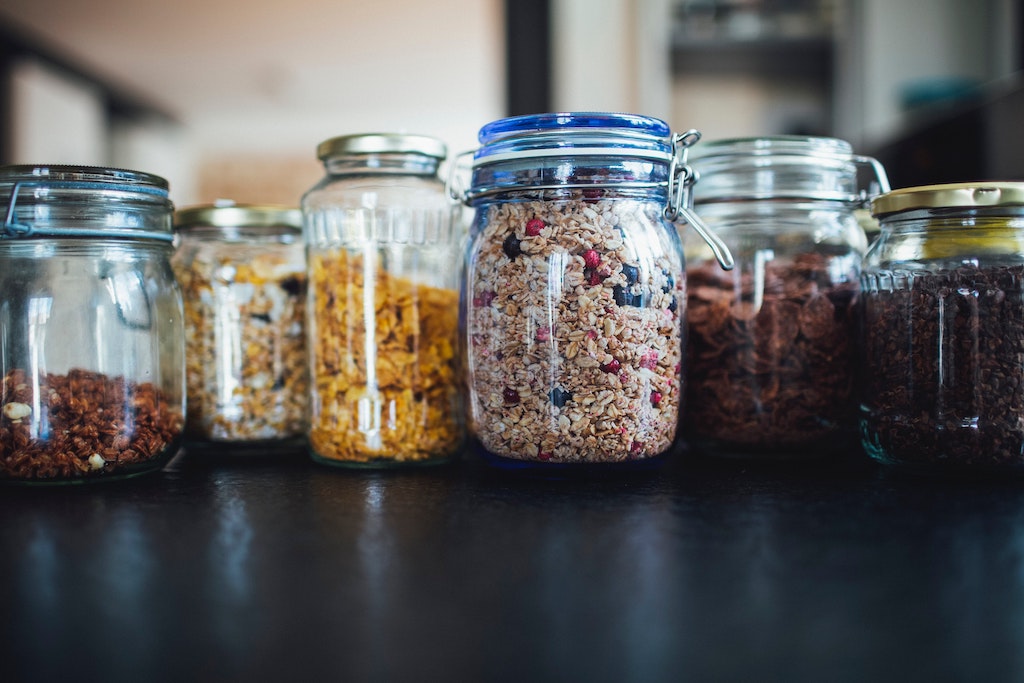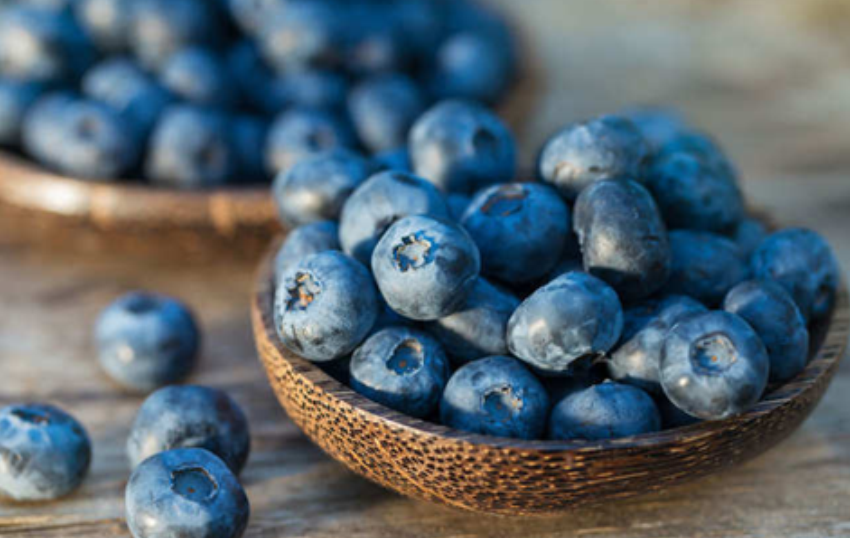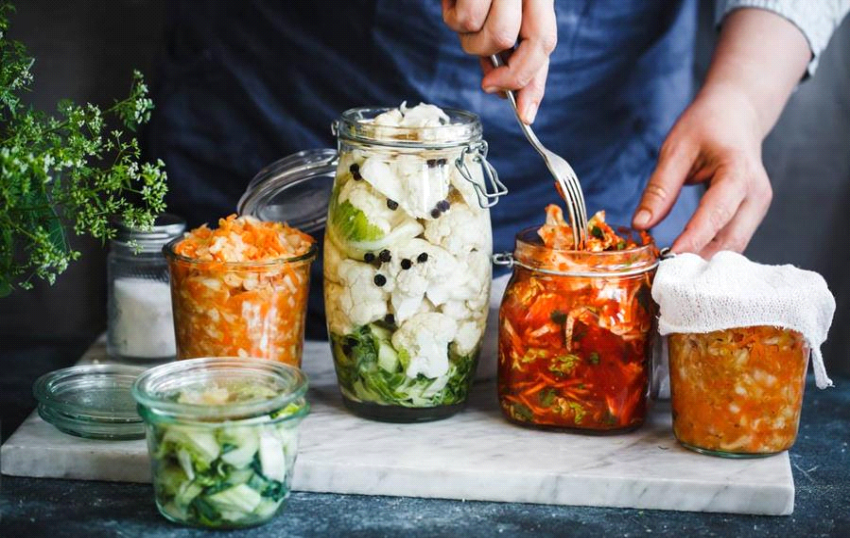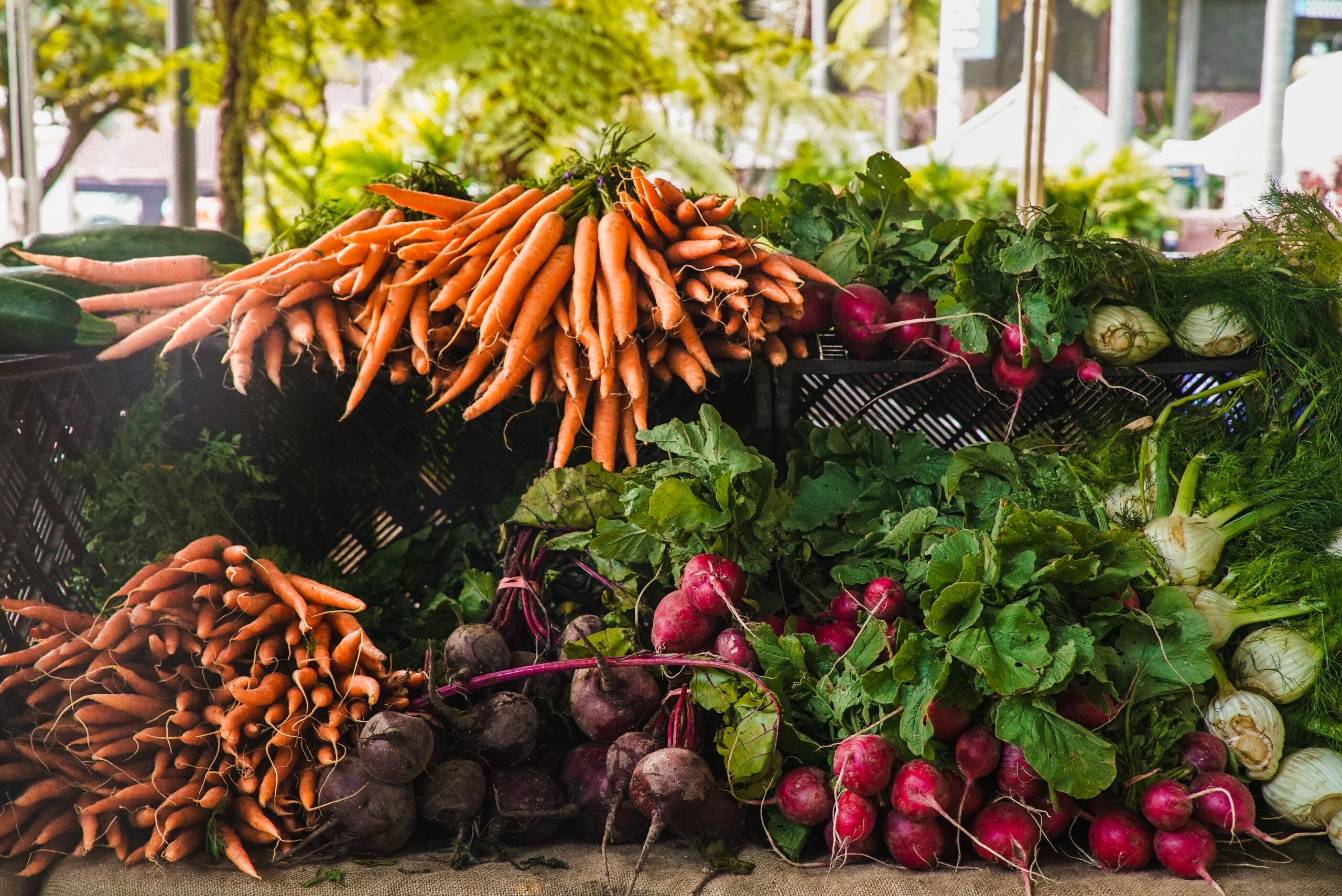
Why are physicians being encouraged to recommend a whole-foods, plant-based diet to patients?
Has a whole-foods, plant-based diet been a part of your every day for a while now or are you new to this way of eating? Did you know that physicians are being encouraged to recommend this diet to their patients?
We often see the term whole-foods and plant-based get thrown around in the media and now there is fuss about it in the medical community. Let’s dive a little deeper and take a look at just what is a whole-foods, plant-based diet, what are the benefits and are there any downsides to the diet?
A number of years ago a study published with the National Institute of Health encouraged physicians to recommend patients adopt a whole-foods, plant-based diet to aid in reducing the incidence of diabetes, obesity, heart disease, high blood pressure and to increase overall longevity. This same recommendation has been mirrored in a 2019 study by doctor Benjamin Ha. Ha is stressing the need once again to adopt a whole-foods, plant-based diet not just to help patients themselves but to also reduce stress levels on doctors and the overall health care system.
What are whole foods?
A food that is in its “whole” state and has not been altered or processed. These foods contain the nutrients in ratios they are meant to contain naturally (let’s leave aside the changes in nutrients that have come from farming practices etc for another time!). A whole-foods, plant-based diet, not to be confused with a vegan diet (excludes all animal products and does not focus on whole foods) focuses on the consumption of fruits, vegetables, whole grains and legumes while minimizing the consumption of processed foods and foods containing refined grains, refined sugars and/or refined fats and oils.
Some folks fully choose to take a whole-foods, plant-based diet to strictly mean no animal products either. I choose to include some animal products, especially fish to obtain essential fatty acids, B12, iron and to increase protein levels when needed.
A thought to consider
As noted in Food and Healing by Annemarie Colbin, each of our bodies requires a certain proportion of nutrients to function in a healthy state (protein, fat, carbohydrates, water, minerals/vitamins). If the foods we eat do not meet these requirements the body will seek out the nutritional balance somehow. Nutrients could be pulled from the reserves in our body or we can obtain them from other foods we eat – have you ever got a craving for something? There is much research still needed around cravings, however, there is a thought that cravings we get could be psychological or physiological, the body’s way of obtaining certain nutrients to get proportions back to what is favourable. This is not to say if you get a craving for a donut you are doing yourself a favour by eating it – not so fast!! That craving could mean you just overindulged on a steak (high protein, high fat and low carbs) so now you are craving the carbohydrates to provide balance and what is easier to go for and load up on carbs than baking with sugar!! It is an interesting area of science and I encourage you to research it further. The focus here is to eat whole foods that are proportionally balanced with the nutrients required to digest them without depleting your body further.
Benefits of fuelling with whole-foods
- a whole-foods, plant-based diet has been shown to have an advantage for those managing diabetes, obesity, heart disease and high blood pressure
- Another benefit of moving towards a whole-foods, plant-based diet is a possible reduction in medications needed for chronic conditions.
- When looking at a study comparing adults who ate whole foods (unprocessed diet) compared to those consuming a processed diet there were considerable differences. Each diet consisted of the same amounts of calories, sugars, fibres, fat, carbs etc and all participants were able to eat as much as they desired. Those on the unprocessed diet ate faster, ate more calories and gained weight, whereas those on the unprocessed diet lost weight.
Concerns with a whole-foods, plant-based diet
-
- Protein deficiency – proteins are made up of amino acids commonly found in meat, dairy and eggs for those used to the Standard American diet. However, a complete profile of amino acids can also be found in many plant-based foods such as quinoa or by consuming combinations of plant-based foods such as beans and rice or nuts/seeds with whole grains.
- Iron Deficiency – foods such as kidney beans, black beans, spinach, raisins, cashews, oatmeal, cabbage and tomato juice all contain iron in amounts less available than in meat for example. It has been noted that those on a whole-foods, plant-based diet rarely show signs of anemia.
- Vitamin B12 – it is usually recommended that those on a strict plant-based diet with no animal products supplement their diet with B12 or with foods fortified with B12. Best to talk with your physician
When it comes to nutrition, like life – all we can do is our very best in caring for ourselves and our families. When making a decision on what we consume, we can choose foods that are building our health or depleting it. When there is an overabundance of stress and uncertainty in our world why not try to support ourselves and those around us with vibrant, nutritional foods. Plus, groceries are not getting any cheaper so why not buy what has the most nutritional value for the dollar. Remember, the way we eat is not an “all or nothing” approach to life. In the study by Benjamin Ha encouraging doctors to recommend the whole-foods, plant-based diet he is quoted saying “I am not aiming to convince patients to become a vegan or vegetarian, but to encourage them to focus on eating more unprocessed plant-based foods”. Plant-based diets can be tailored to each individual so it becomes a “doable” way of life.
Here are a few things you can do right now to move towards healthier eating:
Keep healthy foods at eye level in the pantry – remove heavily processed, easy-to-grab snacks.
Pre-cut vegetables into snack-sized servings or suitable sizes to use in meals and have them easy to grab in the fridge.
Pay attention to cravings and decide beforehand what you will reach for before the craving sets in.
